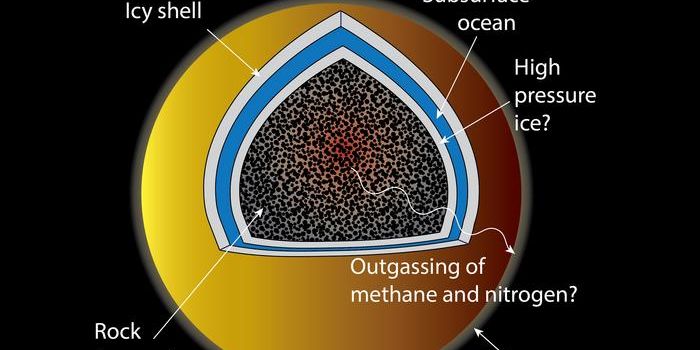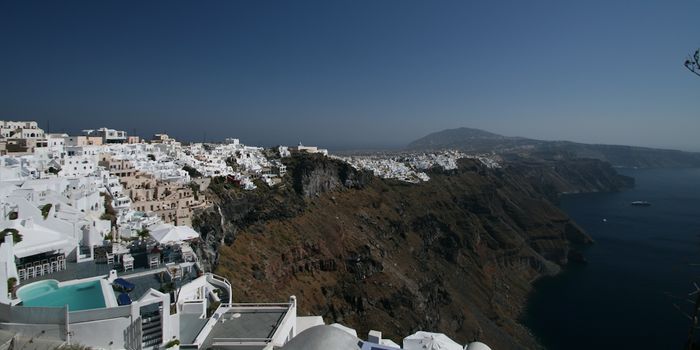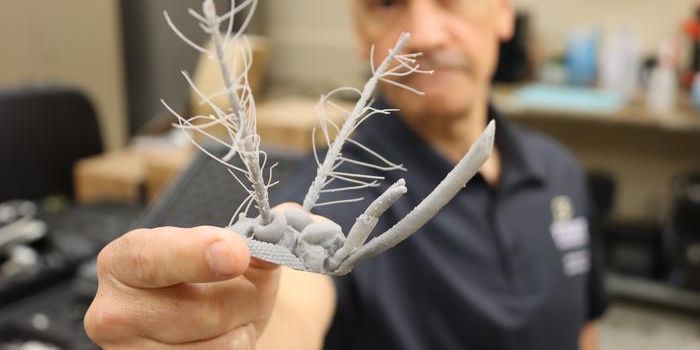Plankton are Under Critical Threat From Ocean Acidification
Plankton are a diverse group of marine organisms, which are carried by tides and currents. Most are microscopic, but there are some larger plankton, such as some types of jellyfish. Phytoplankton are plant plankton species, while zooplankton are animal planktons. They help maintain the food web of the planet, and are usually eaten by larger organisms.
Plankton are also adapted to their environments, and are very sensitive to changes in their conditions, such as differences in pH, temperature, or nutrient levels. Excess nutrients can lead to problems such as algae blooms, for example.
Scientists are also learning more about how climate change could affect plankton. A new study reported in Nature has highlighted the significant threat facing one type of plankton. The study has suggested that many species of planktonic foraminifera may not survive the climactic changes; these plankton are single-celled marine organisms and many have a shell made of calcium carbonate.
In this study, the researchers examined almost 200,000 datasets that have been collected since 1910 to determine how planktic foraminifers are reacting to climate change. The study showed that many of these animals are migrating, and are moving towards cooler waters, sometimes at rates of ten kilometers every year. Other species have moved to deeper parts of the ocean, since sea surface temperatures are getting warmer.
There have still been declines of about 25 percent in these populations over the past eight decades. Planktonic foraminifera in the tropics have suffered the most significant losses, likely due to more intense warming that interferes with their reproductive cycles.
Rising levels of carbon dioxide and increases in ocean acidification also disrupt the formation of the calcium carbonate-based shells of these creatures.
"Our data shows that planktonic foraminifera, which play a crucial role in the ocean's carbon cycle, are struggling to survive in a rapidly changing climate," said lead study author Sonia Chaabane, a researcher at CEREGE and the Max Planck Institute for Chemistry. "These organisms are like sentinels, warning us of the drastic effects that warming and acidification have on marine ecosystems."
Organisms like foraminifera could be a better way to assess environmental changes than datapoints, the researchers suggested. Interestingly, plankton are generally considered to be animals that are not physically able to swim against the currents, so this study has emphasized the diverse behaviors and survival strategies that may emerge in some groups. However, the study authors also noted that these efforts will probably not be sufficient to save these organisms.
"In view of advancing climate change, researchers are faced with the question of adaptation strategies individual species of planktonic foraminifera will develop in the near future," noted Ralf Schiebel of the Max Planck Institute for Chemistry.
Sources: Max Planck Institute, Nature









